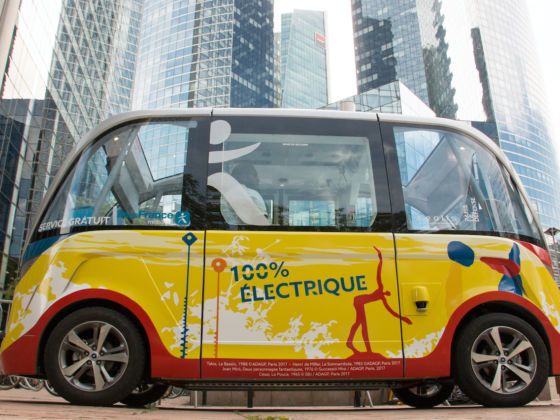This is The Climate Win, the most positive sustainability news around the world every week.
If you’re like us, you’ve been supporting your favorite local restaurants during the coronavirus pandemic by ordering takeout and buying gift cards. Kudos to all who have done so, and a social distancing balcony clap to the restaurant staff holding it down — and to those sent home simply trying to hold on.
The thought itching in the back of our collective head, however, is that all these to-go orders need disposable packaging, and the last thing our planet needs is a resurgence of low-quality, non-biodegradable takeout waste. Politico in fact reported this week on a European lobbying group asking EU governments to delay upcoming restrictions on single-use plastics due to the pandemic. Consumers who want to support our restaurants during forced closures are left with little choice. Even if you normally bring your own to-go food container when you eat out, that’s not an option with pick-up ordering or delivery.
Yet despite the bad waste-centric news, progress is still being made.
